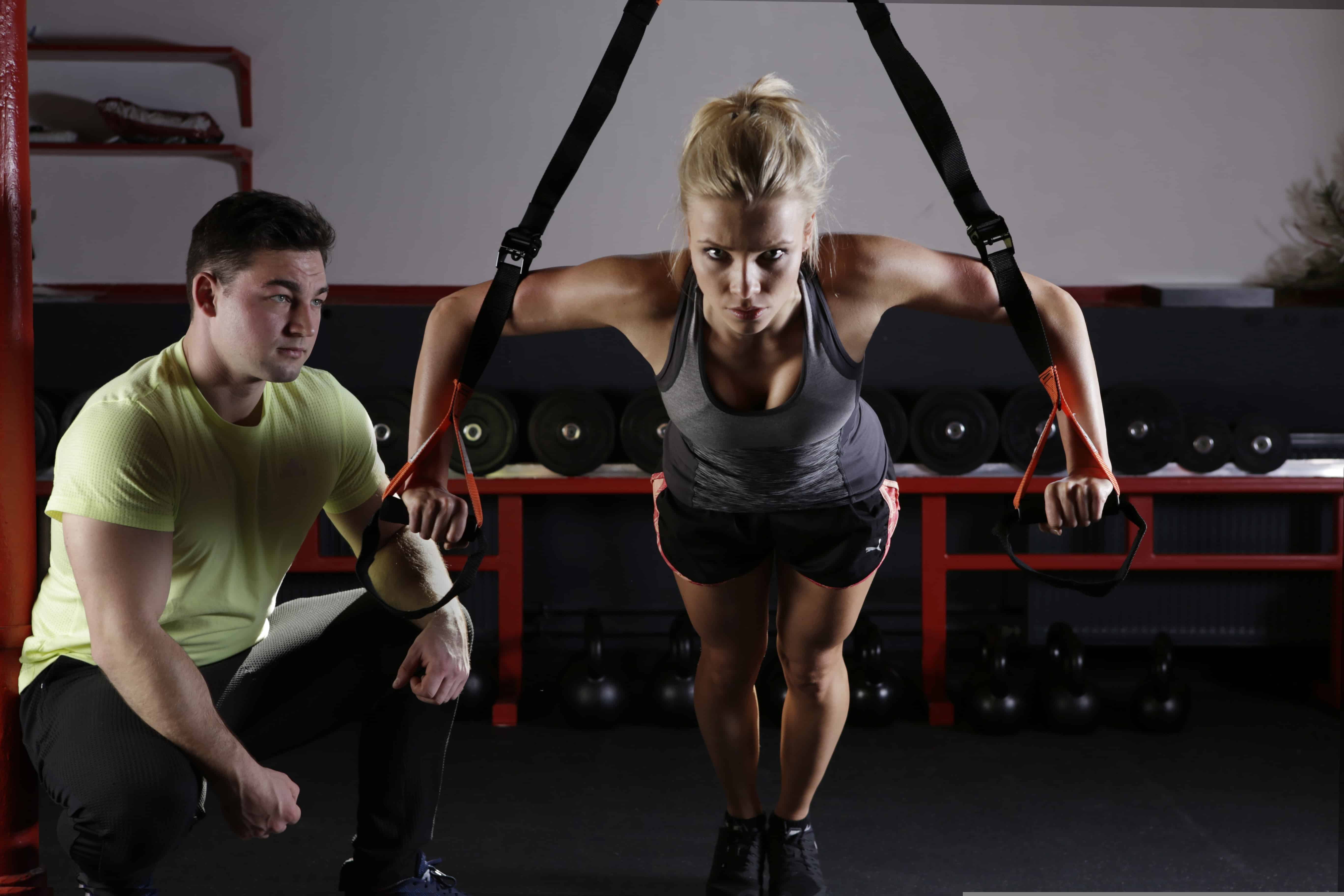
The business highlight of King Willem-Alexander and Queen Maxima’s visit to Sweden in recent days had a strong Brainport Eindhoven accent. Representatives from Signify, VDL, NXP, and Philips, among others, took part in discussions with CEOs of Dutch and Swedish companies about common challenges and opportunities to broaden cooperation.
The royal couple’s visit was at the invitation of King Carl XVI Gustaf. In addition to the king and queen, ministers Hoekstra of Foreign Affairs, Ollongren of Defense, and Dijkgraaf of Education, Culture and Science were also present. State Secretary Heijnen of Infrastructure and Water Management was also there. Besides much ceremonial display, there was plenty of time during the state visit, as usual, to promote trade relations. These talks took place partly in the king’s presence.
For Dutch companies, the visit represented a golden opportunity; at the same time, the emphasis on activities with an origin in Brainport Eindhoven is seen as further proof of the international importance of this region. The discussions focused on the themes of the energy transition, sustainability, life sciences, and smart mobility. “There is also a recognition of shared values and cooperation on innovative solutions to the challenges of today and the future,” the Dutch Government Information Service said in a statement.
Tech Day
On behalf of VDL Groep, Jennifer van der Leegte and Pieter van der Leegte were part of the trade delegation of Dutch companies to Sweden. “Sweden is an important trading partner for VDL Groep,” stated Jennifer van der Leegte. “During the state visit in Stockholm, we explored in a constructive dialogue how we can further shape and expand our cooperation. In this way, together with Swedish companies, we can further anchor the high-quality manufacturing industry in Northwest Europe and the employment opportunities that come along. I have proposed to hold a Tech Day with the Swedish and Dutch companies present to experience what we can do for each other to find solutions to the challenges of today and tomorrow. I am convinced that with our joint innovations, we can make the world a better, smarter, and more sustainable place.”
2.9 million tons of CO2
CEO Benelux Hellen van der Plas of Signify looks back on a “very constructive” visit. “For us, the focus was on the potential savings when replacing traditional lighting with connected LED. The ministers of both countries showed great interest, which is not strange at all when you look at the data. Sweden could save over 1.2 billion euros annually in energy costs if LED lighting were installed everywhere. For the Netherlands, that’s even close to two billion. That would save 2.9 million tons of CO2 per year. In current times of energy poverty, these are very significant amounts that we should be saving immediately.”
NXP led the conversation on European opportunities in chips. Maurice Geraets: “NXP Semiconductors wants to explore how we as industry and governments can team up even better to address European technological sovereignty and improve the resilience of European ecosystems, which will benefit all member states.”
Reliable value chains
Mikko Vasama, CEO of Philips Nordics, also called attention to European value chains. “For technologically complex medical devices, it may not be realistic to expect Europe to rely exclusively on EU supply chains for all components and raw materials. It is crucial to build resilience and robustness in strategic supply chains.” Diversification and flexibility are leading the way, Vasama said. “Ultimately, companies are best able to manage their own supply chains. Targeted interventions to support the resilience of supply chains for critical goods such as semiconductors should be the exception, not the rule.” In this regard, Philips places great importance on business collaborations, such as its partnership with Karolinska University Hospital, “to jointly innovate in healthcare.”
Sustainability was also a topic of discussion for Philips at the CEO table in Stockholm. Vasama: “Healthcare accounts for more than four percent of global CO2 emissions, more than the aviation or shipping sectors! As a sector, we have a responsibility to act. For example, by introducing innovative new business models, working in a carbon-neutral way, implementing circular practices, and applying our EcoDesign principles to our products.”









